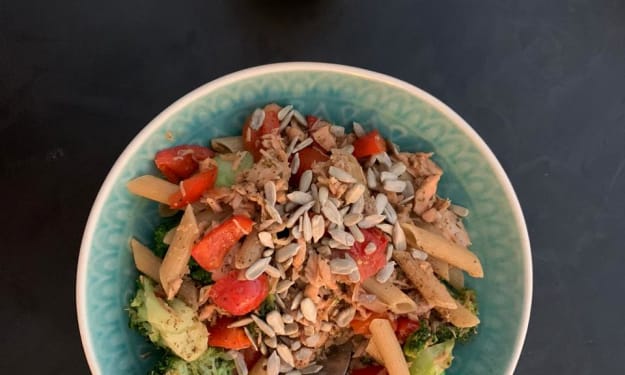Becoming in Vancouver
The first of a three-part personal reflection series on my walking the city, and a film.

I wrote the following reflection as part of my coursework at my Art History course 'Film and the City'. Thrilled that it would provide me with Geography credits while feeling like an elective course, I took the class wanting to get in touch with the humanistic side of my degree, the 'human' to my 'Human Geography Major'. The following is my first reflection of three, incorporating the practice of walking in my experience of the city, the topics of a few readings, and one film. The reflections were initially 400 words each, but they have been since edited. Please enjoy.
[one].
When I think about myself waking, I inevitably recall how I have “spatialized” and manifested my self in Vancouver. I am most acquainted with the playlists I have listened to as I strolled to campus, or the supermarket. I think of how I assert myself on intersections, around parks, and on my way to my friend’s ever-changing homes. I cannot imagine myself without a Vancouver background. So much of my identity is now rooted in this urban fabric, where I have built a life as a university student, and where I feel I am constantly becoming. I love it here.
When I watched Medicine for Melancholy (2008) in my boyfriend’s living room, on a cold January afternoon, I remembered what it was like to walk around the city we each love, Vancouver, which is also where we learned to love together. In the film, the city of San Francisco has the allure of being a character of its own, with great beauty and contradiction, being itself a structured social network that Micah and Jo, its protagonists, move through. Love, being itself a complicated and negotiated political notion between the characters is also expressed towards the urban fabric, despite any sort of personal hardships, resentments, or uncertainty. As they walk the city’s public spaces, they “spatialize” the reality of place in their personal lives, filling it with a complicated attachment.
In Vancouver, part of my becoming is learning to love and be loved. I love walking by myself, and I am not afraid to use my feet to get me places (my only obstacle is the winter cold!). However, walking with my boyfriend, especially in Vancouver, I know that we can share the pleasure of the city, with ourselves becoming in it. Even if it means facing the uncertainty that we both came here on a visa that may one day expire.
Different to Micah and Jo's encounter in San Francisco, I like to think my life in Vancouver is not a "fantasy" (Gillespie, 121-122). I want my being and becoming in Vancouver to be real, and not just a finite affair. I want my relationships here to be long-lasting and my self-assertion to be one that stretches deep into its neighborhoods and landscapes. I want to keep walking the city, to be part of its social fabric. I want to make the effort to look under its every nook and cranny, to biking and riding buses galore, to commute as I become a working adult. As Solnit said, “when you give yourself to places, they give you yourself back” (13).
BIBLIOGRAPHY:
Barry Jenkins, Medicine for Melancholy (2008)
Michel De Certeau, “Walking in the City” in The Practice of Everyday Life (Berkeley, Los Angeles, and London: University of California Press, 1988), 91-110.
Gillespie, Michael Boyce. “Black Maybe.” Essay. In Film Blackness: American Cinema and the Idea of Black Film, 119–55. Durham, NC: Duke University Press, 2016.
Rebecca Solnit, “Tracing Headland: An Introduction” in Wanderlust: A History of Walking (New York and London: Penguin Books, 2001).
About the Creator
Silvana Martinez
20-year old Colombian living in Canada and the Netherlands. Exploring a writing voice.






Comments
There are no comments for this story
Be the first to respond and start the conversation.